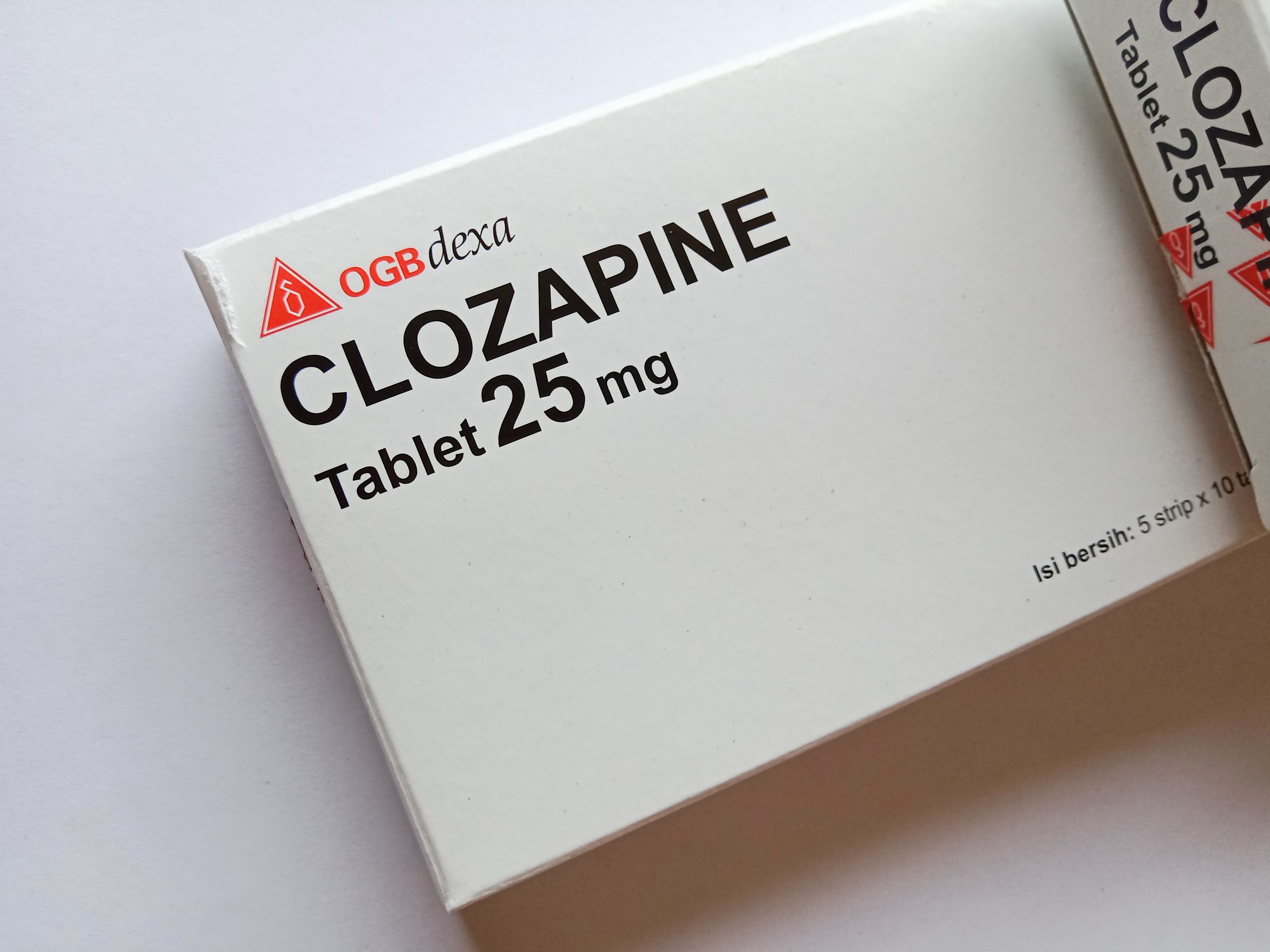SMI Resources by Topic
Helping a loved one with SMI can confuse and overwhelm families. Find information to begin.
Find information for a new diagnosis, access to care, and emergency planning. Key information on the continuum of care for psychiatric treatment.
Learn about advocacy and find tools and resources so you can deepen your understanding of SMI to help yourself or a loved one.
Learn skills to improve family communication and dynamics. Find resources to support your safety and self-care.
Find information on SMI and the criminal-legal system, benefits, housing, jobs, co-occurring conditions, complaints, guardianship, youth and elder care, and veterans.
Answers to the most common questions, such as how to get a loved one into treatment.

SMI State Resources
SMI treatment works differently in every state. Learn your state’s treatment laws, how they stack up to others, and where to find additional support and resources near you.
Contact Our Helpline Team
If you need help troubleshooting or have questions specific to your own situation, or are supporting a loved one with SMI, you can reach out to our family resource and advocacy team by filling out our helpline form. Click on “Get Help” below, and we will respond as soon as possible.
Helpline is not a crisis line. For immediate assistance call 988 or 911.
Treatment Advocacy Center (TAC) Helpline provides individualized information and support to help navigate the complexities of a help seeker’s unique circumstances. We offer relevant information, resources, and support to individuals living with SMI and caregivers.
TAC does not provide medical advice or legal services. TAC is not a direct service provider and cannot schedule appointments or offer referrals. The information we provide is not a formal recommendation or endorsement of any particular resource, therapeutic approach, or service provider. Our information is not a substitute for advice from qualified medical professionals. Furthermore, TAC does not take responsibility for any information or services offered by third parties.
We encourage you to exercise independent judgment, seek information from reputable sources, and request references when evaluating any resource related to service provision connected to your inquiries.
Crisis Text Line
Reach a counselor 24/7 by text. Click on the link below from your cell phone or send a text to 741-741 to contact a live, trained crisis counselor.
988 Suicide & Crisis Lifeline
Call or text 988 if you or someone else is experiencing a mental health crisis that may include a risk for suicide or self-harm, substance use, or any kind of emotional distress.
Personally Speaking
Personal narratives on the experience of living with SMI or being a family member, friend, loved one, or caregiver to someone with SMI.

By Lukas Klessig This personally speaking blog is an excerpt from “Words With My Father: A Bipolar Journey Through Turbulent Times“ My father was a functional manic and a despondent […]
Bipolar Disorder Manic
by Mark Gale Our son began experiencing symptoms of mental illness, including psychosis, at the very young age of 13. At the time, we could not comprehend the possibility that […]
Personally Speaking
by Marla Knauss In May 2023, I rescinded the restraining order against my son, who has schizophrenia. I didn’t want him to be discharged into homelessness, and the psychiatric hospital […]
Beds Hospitalization
By Judy Sandler I will never know which came first, my son’s need to self-medicate with drugs due to an undiagnosed severe mental illness, or my son’s use of drugs, […]
Bipolar Disorder Personally SpeakingOur Stories are Powerful
Life with SMI can be isolating. It helps to hear that others have encountered similar challenges, sought similar courage or direction, or made progress after years of turmoil. We’ll work with you to tell your truth.
New & Noteworthy

Learn questions to ask and how to help when a loved one with severe mental illness is arrested, incarcerated, or facing criminal charges in court. Included is information about the competency—or “forensic” system—for ensuring that a person is mentally capable of acting in their own defense.
System Navigation
This resource provides information about what facts to collect and how to organize and share medical history with providers to encourage better care and outcomes. A template is included. How […]
Community Playbook
Find resources and information about clozapine, the only FDA-approved medication for treatment-resistant schizophrenia. Read about various organizations that are advocating for federal policy changes to make clozapine more readily available. Included is a resource to help find a provider willing to prescribe clozapine.
Community Playbook
Learn essential vocabulary, including what Treatment Advocacy Center means when we reference severe mental illness on our website. Common symptoms of schizophrenia spectrum disorders are described to provide a foundational understanding of these and other complex illnesses that often include psychosis.
Essentials
Learn the basics about filing an order of protection in your local court if your loved one with severe mental illness becomes violent or threatening toward you. Statistics shared are a harsh reminder that family members must not take their own safety and well-being lightly.
Family Care
Find key terminology and resources related to dual diagnosis conditions that include both severe mental illness and substance use disorder. Although resources are far too few to properly treat these complex conditions, knowing what is possible and best-practice supports advocacy for individuals and system change.
System Navigation
This collection of resources provides a starting point for individuals and family members navigating mental health and crisis options available for veterans and people serving in the military.
System Navigation
Find information to help you begin navigating the complex world of disability benefits planning. Included are links to help with social security applications, considerations related to having a payee who oversees spending, and long-term planning.
System Navigation
Find information to support a youth or young adult experiencing severe mental illness. Included are resources for families navigating school-based services and seeking to understand a young person’s disability rights and eligibility for benefits.
System Navigation
Find resources to learn more about severe mental illness and stay up to date on the latest studies and research. Included are places for training, family networking, and support groups designed to address specific needs and diagnoses.
Essentials
Learn about the psychiatric advance directive (PAD) as a tool that gives a person with severe mental illness more voice and choice if the illness worsens and interferes with decision-making. These resources and tips about how to write and share a PAD can help you plan while the illness is well managed.
Community Playbook
Appropriate care for adults aging with severe mental illness is a difficult and nationwide problem. This article provides terms and resources to help families do their best to plan and seek support if an aging loved one with SMI is not receiving proper care. Included are resources for further reading.
System NavigationA Legacy of Support and Compassion
Joan C. Scott struggled to help her son in a system not designed to prioritize either his or her family’s wellbeing. To honor her kind and caring nature, we launched this resource center in her name, for all families affected by SMI. No one should have to face severe mental illness alone.
